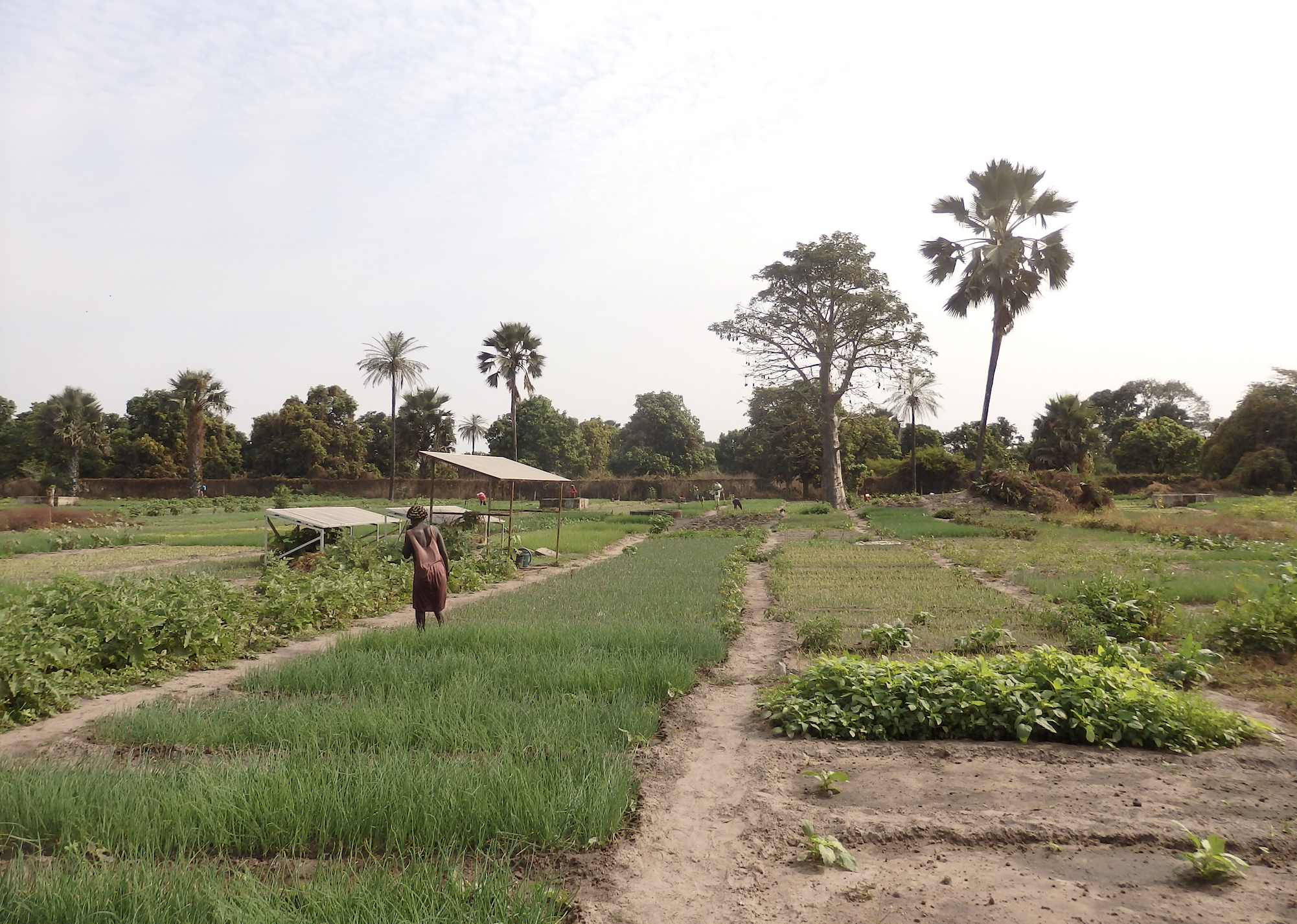
In a landmark step toward modernising agriculture and enhancing food security, The Gambia has launched its first-ever mid-infrared (MIR) spectroscopy soil laboratory.
The facility, housed at the National Agricultural Research Institute (NARI) in Banjul, is expected to transform the country’s approach to soil health and crop productivity.
“This will usher in a new era of data-driven decision-making for agriculture in The Gambia, where agricultural productivity is closely linked to soil health,” said Leigh Ann Winowiecki, Soil and Land Health theme leader at the Center for International Forestry Research and World Agroforestry (CIFOR-ICRAF), the organisation behind the initiative.
Unlike traditional soil testing methods, the MIR technology scans soil samples in just 30 seconds using a compact, battery-powered spectrometer.
It instantly delivers data on texture, pH, nitrogen, and organic carbon levels—vital information for making informed agricultural choices. These readings are powered by CIFOR-ICRAF’s global spectral library, which includes over 200,000 soil samples.
“Spectroscopy is new to us. This is the first time The Gambia is going to have a soil spectroscopy lab, and we are very excited and hopeful that this is going to be a game-changer,” said Abdoulie Nyabou, principal officer at the Ministry of Agriculture’s Soils and Water Management Services.
The lab was launched as part of the Regional Soil Fertility Mapping Project (RSFMP), which aims to strengthen The Gambia’s soil science capacity. More than 30 local technicians and scientists have been trained in laboratory operations, data management, and the use of the spectrometer and Laboratory Information Management System (LIMS).
“Through LIMS, we’re able to automate processes, securely store soil data, and generate actionable insights for farmers,” explained Salma Nyagaka, a CIFOR-ICRAF systems developer.
Basiru Bojang, a research officer at NARI, praised the hands-on training: “It enhanced my understanding of the equipment and its integration with the LIMS system, which I believe will improve our lab’s efficiency and data accuracy.”
“This will greatly impact small-scale farming by enabling farmers to assess soil health and make informed decisions to improve productivity and ensure food security,” added Elvis Weullow, senior laboratory enterprise manager at CIFOR-ICRAF.
The lab is part of a wider African network of over 30 MIR laboratories connected through CIFOR-ICRAF’s Nairobi headquarters. The initiative uses the Land Degradation Surveillance Framework (LDSF) to ensure high-quality, comparable data across the continent.
“We now have the tools and skills to provide accurate, real-time soil data,” said Lamin Sonko, RSFMP national coordinator. “This training has positioned us to be a model for other countries in the region.”
With the new facility now operational, The Gambia is poised to lead a regional shift toward evidence-based agriculture—empowering farmers, boosting yields, and safeguarding the land for future generations.



